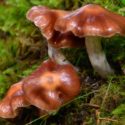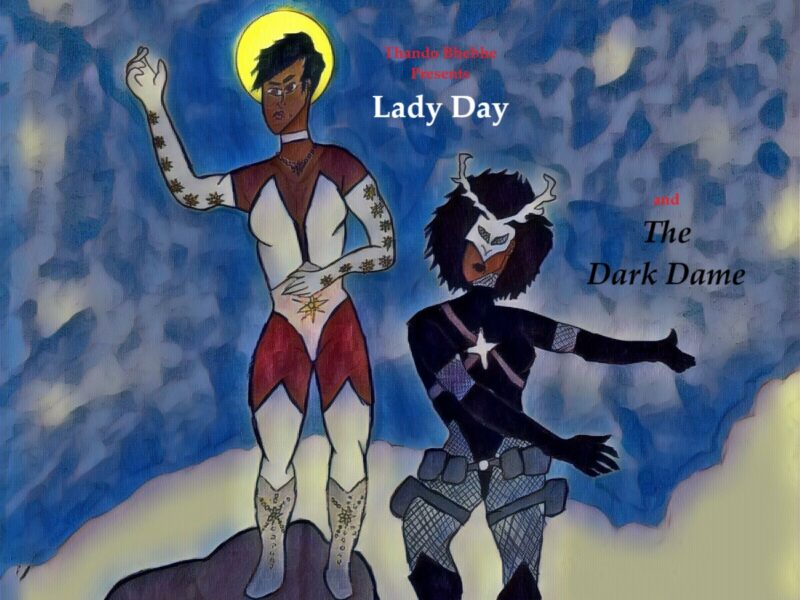In a world filled with so many problems, there is always a pill for this or that. In the medical world, medications are constantly being improved to reduce side effects or to take the drug in an entirely different direction. But what happens when the pills and the patches and the injections just don’t work? New studies have started exploring the cure for depression in the hidden realm of psychedelic drugs, and the winner so far is the “Magic Mushroom”.
Currently, Psilocybin mushrooms also known as “shrooms” and “magic mushrooms,” are a class A drug. This classification means that any person caught selling or growing mushrooms containing psilocybin is eligible for seven to fourteen years in prison and an unlimited fine depending on the amount of mushrooms within possession. In order for the experimentations to align with government regulations, the tests are run in a controlled environment, in a dark room with trained professional counsellors and therapists to guide the patient through the height of the hallucinatory effect that the mushrooms have.
With an overwhelming number of cases of depression sweeping the nation, this silent killer has led scientists to look elsewhere for their answers.
“Thinking outside the box is crucial and we need to be thinking about novel compounds to treat depression,” said Dr. Philip Muskin, professor of psychiatry at Columbia University. Muskin and his team of scientists at Columbia University are one of the few groups studying the effects in North America.
The chemical reaction of psilocybin and psilocin created a supposed life-altering state where the peak of hallucinations can last for three to six hours. Many users have described the psychedelic trip as a way of getting closer with nature, detachment from the body and synesthesia which is the melding of the senses (feeling colours, seeing music).
People that suffer from depression long term have been shown to have a smaller hippocampus, the part of the brain which controls the long and short term memory, according to a study published in Molecular Psychiatry by L. Schmall, DJ. Veltman…. (2016). The term “psychedelic” is derived from the Greek word “psyche” which means “Mind revealing”. When a person suffering from depression is introduced to a drug that is mind revealing, “psychedelics like psilocybin offer are a way to reveal things that may be difficult to see that might be contributing to depression — things that have happened in the past, relationships and other issues we tend to put in the back of our minds and avoid but can compound depression,” according to Robin Carhart-Harris, a research fellow at the center for neuro-psycho-pharmacology at Imperial College of London.
The average person tries three to four anti-depressant drugs before they find the right one, and even then, there is a possibility that their body will become used to the drug, and the effect will wear off. And even when one person finds the right prescription, there are often side effects that are undesirable such as weight fluctuation, nausea, insomnia and fatigue. Using Psilocybin mushrooms is a desirable alternative because the healing process can happen much faster, with one big dose instead of multiple pills every day. The mushrooms can also be grown in almost any soil, with little light and water, making it a green alternative as well.
Contrary to popular drugs such Zoloft, Prozac, Lexa Pro and many more, Psilocybin mushrooms have shown little chance of addiction, and the only significant long term affect with habitual use was psychosis (a disconnect from reality) according Health Canada.
So, in a world that is advancing at such a fast rate and with all the medical knowledge that we have, who would have thought that a cure for one of the deadliest mental illnesses could be as simple as a mushroom?




